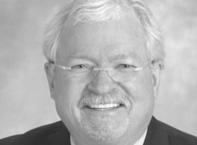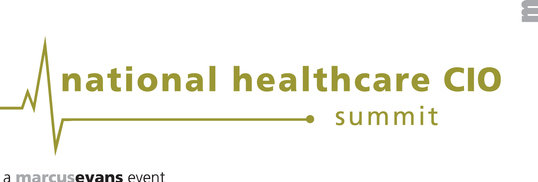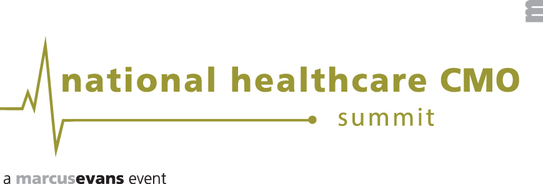Learn, explore and unleash your inner chef.
For more information, please contact:
Sarin Kouyoumdjian-Gurunlian
press@marcusevanscy.com
“Chief Medical Officers (CMOs) and physicians must stay abreast of the MACRA rules and regulations – they are not going away,” advises Bruce Bethancourt, Chief Medical Officer, Dignity Health. “This law passed with 98 percent of the votes. It may be softened up but we need to plan for the worse. I would push ahead and report to the maximum degree, because the law is budget neutral. There will be winners and losers. To be a winner, we have to stay on top of it,” he adds.
Bruce Bethancourt is a speaker at the marcus evans National Healthcare CMO Summit 2017, in Pasadena, California, March 13-14.
From the CMO perspective, how will MACRA, merit-based incentive payments and advanced alternative payment models impact reimbursement?
Measurement for the merit-based incentive payment system is starting in 2017 and it will affect compensation for 2019. There has been a slight reprieve in all the metrics, but going forward, it will be the same. Physicians will receive anywhere from a four percent decrease to a four percent increase, and it will continue to go up to plus or minus nine percent. This can have a huge impact on their compensation.
With the alternative payment model, physicians will receive from 2019 until 2024 an automatic plus five percent. But only about ten percent of physicians fall into that model. Eventually CMS wants to move all providers into this model.
How should hospitals be positioned for these payment changes?
Hospitals are not a direct partner in the MACRA law. It is up to physicians to either belong to an ACO or report on MITS. Many of the quality metrics the hospital may not be measuring now, physicians in private practice will ask for them in the near future.
Physicians must prepare themselves for these changes. They either need to participate in or belong to an alternative payment program. An ACO with Medicare shared savings track two or three. Or belong to an organization that can report for them if they cannot report to CMS themselves.
What more value can CMOs bring to an organization?
Currently, only about 50 percent of physicians in the US even understand what the MACRO law is. They either have no idea or think it will go away. As a CMO, I see it as my obligation to define this for our physicians so they totally understand the importance of all the quality metrics that we need to report on, how to be cost efficient, and set them up for successful reporting.
Physicians should also look at ways to improve the cost of care, pick out drugs that add no quality benefit to a patient’s care if there is a cheaper equivalent. Down the road, it will be easier to identify physicians who are more costly but delivering the same outcome. We need to help them improve their patterns. It is up to us CMOs to direct this, where physicians are practicing and how. We have the clinical background to see what is coming and it is up to us to educate physicians. A practicing physician cannot keep up with all the rules and regulations.
An interview with Bruce Bethancourt, a speaker at the marcus evans National Healthcare CMO Summit 2017, discussing some of the rules and regulations CMOs need to prepare their organizations for.
Bruce Bethancourt
Chief Medical Officer
Dignity Health
How CMOs Can Position their Organization for Payment Changes
- CMIO, Banner Health
- Chief Medical Officer, Lincoln Medical & Mental Health Center
- CMIO, Kaleida Health
- Chief Medical Officer, Prime Healthcare
- President & Chief Medical Officer, Cone Health Medical Group
- Senior Chief Medical Officer, Tenet Health System
- Chief Medical Officer, West Tennessee Healthcare
and more…
About the National Healthcare CMO Summit 2017
The 5th National Healthcare CMO Summit is the premium forum bringing senior level medical executives and solution providers together. The Summit offers an intimate environment for a focused discussion of key new drivers shaping the healthcare industry. Taking place at The Langham Huntington, Pasadena, Los Angeles, California, March 13-14, the Summit includes presentations on the implications of MACRA, MIPS and APMs, increasing physician alignment, reducing medical errors, and building a clinical integrated network to enhance quality of care.
Copyright © 2017 Marcus Evans. All rights reserved.
- Mohammed Ahmed, Chief Medical Officer, Howard County General Hospital, Johns Hopkins Medicine
- Paryus Patel, Corporate Chief Medical Officer, PrimeHealthcare
- James Labelle, Chief Medical Officer, Scripps Health
- Herman Williams, Senior Vice President and Chief Medical Officer, RCCH Healthcare Partners
- Erik Benink, Senior Vice President and Chief Medical Officer, Regional One Health
and more...
13 - 14 March 2017
The Langham Huntington, Pasadena, California


